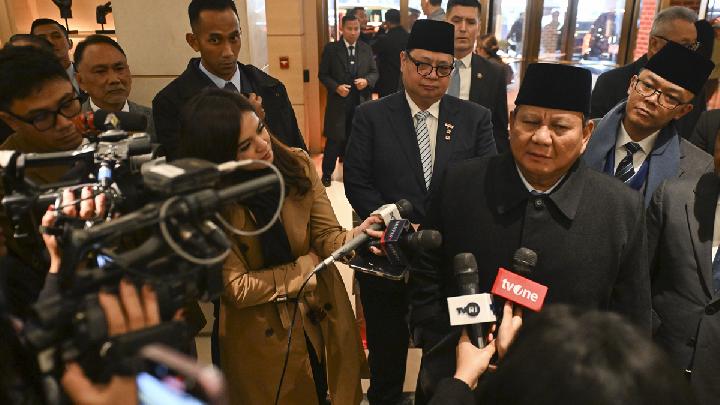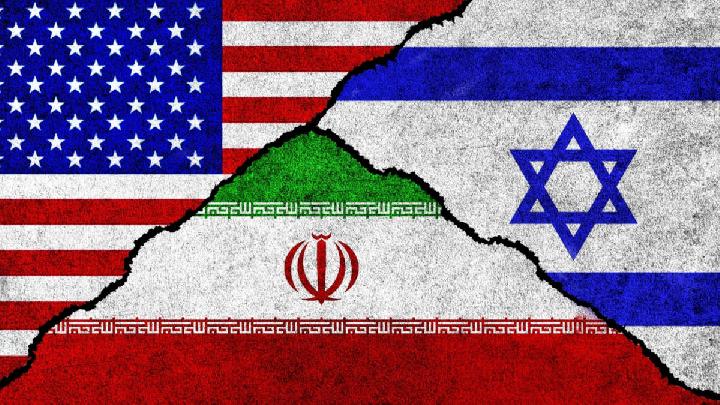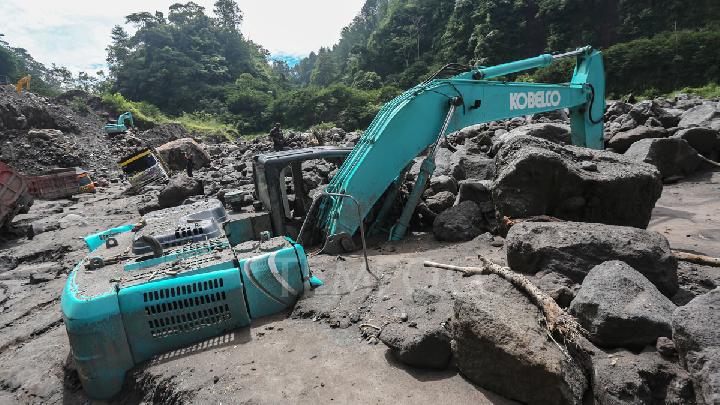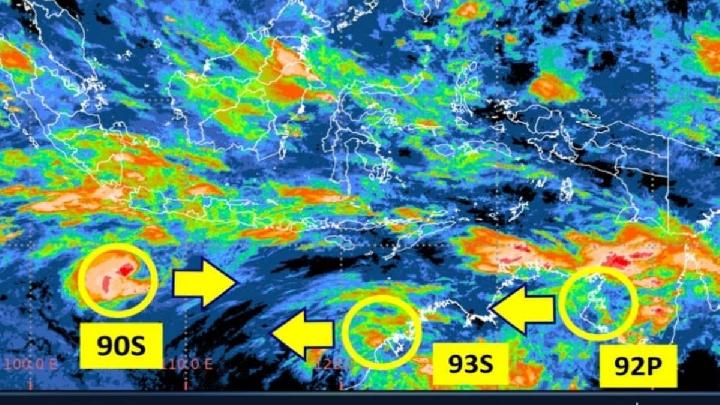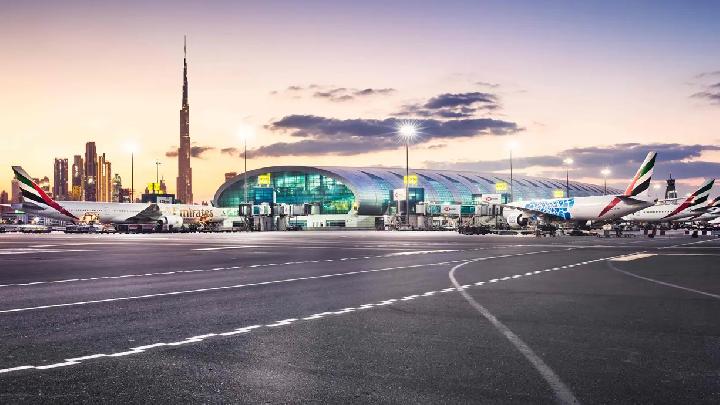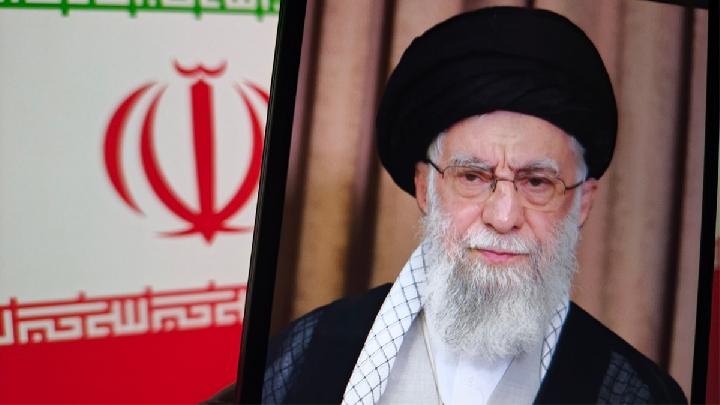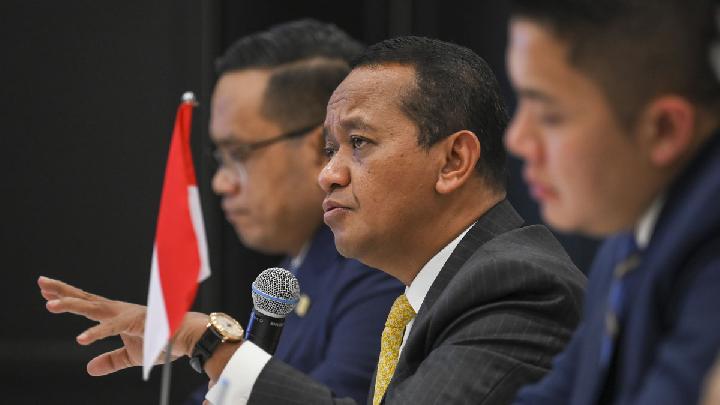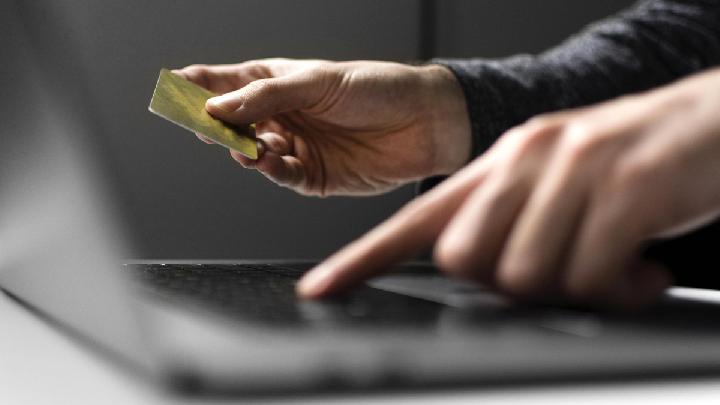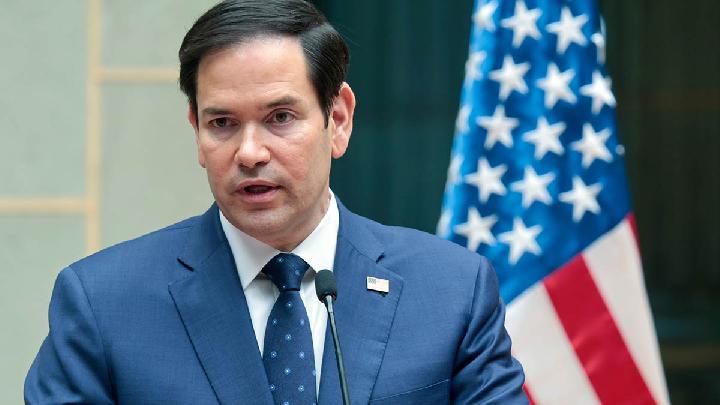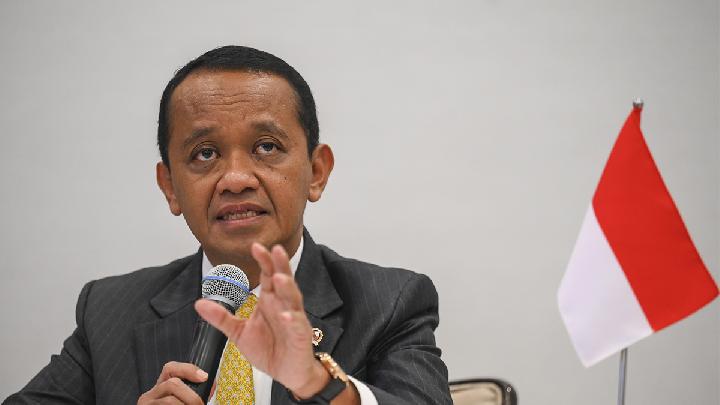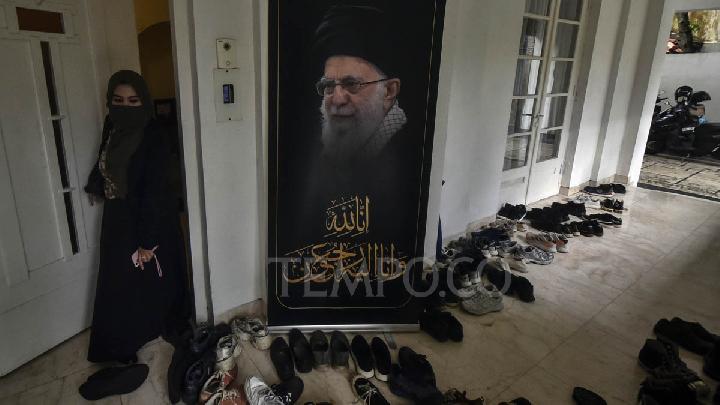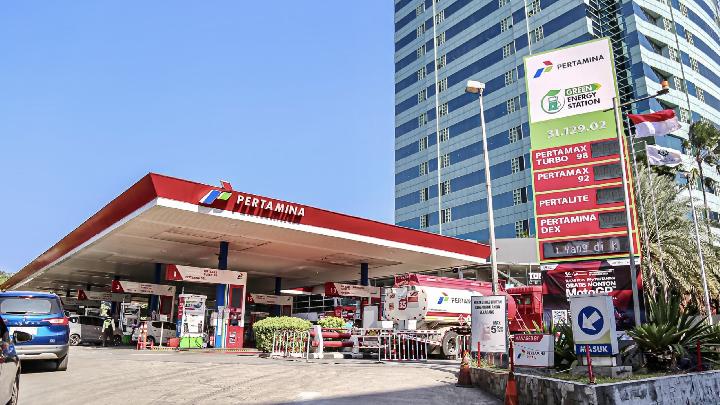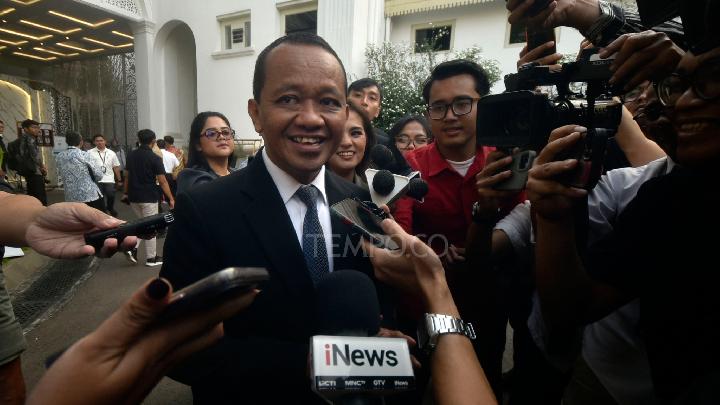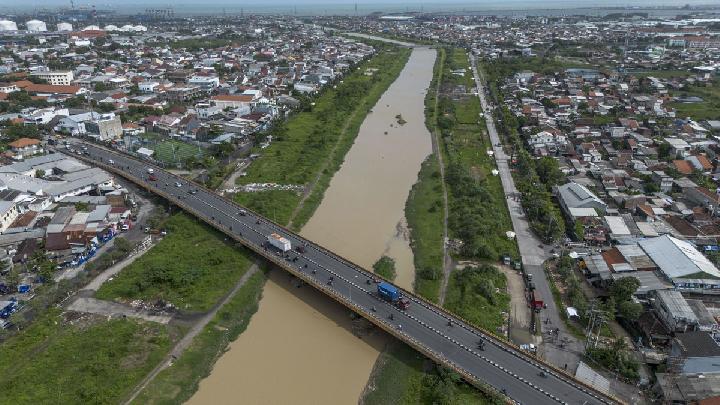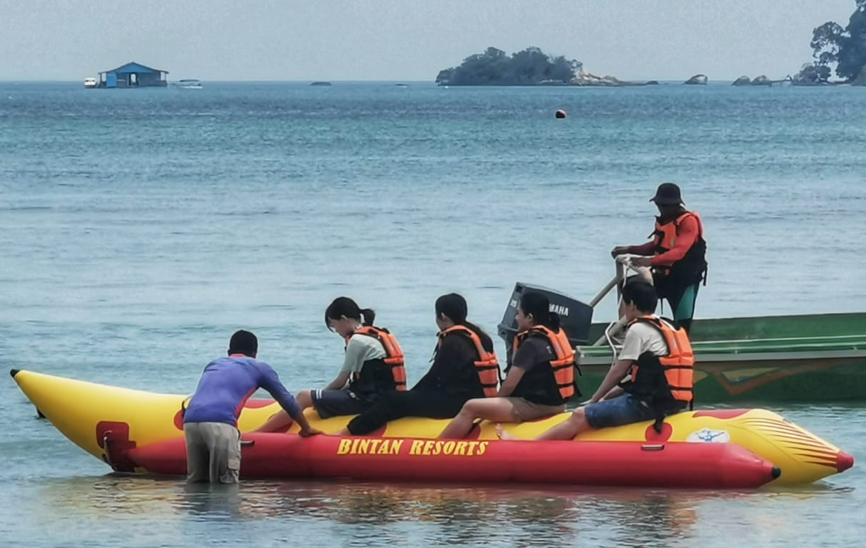TEMPO.CO, Jakarta - Indonesian President Prabowo Subianto has stated that the government will provide one unit of smart TV for every classroom in all schools in Indonesia as an effort to address educational disparities. He mentioned that the government will distribute a total of 330 thousand smart TVs by the end of this year.
Prabowo also mentioned that the government has targeted the distribution of 100 units of smart TVs to schools in November. This number will increase further to achieve the ideal target of one unit of smart TV per classroom.
According to Prabowo, the provision of smart TVs to schools is intended to assist in regions with a shortage of teachers. With the presence of smart TVs, Prabowo believes that teachers will be able to present more engaging learning materials without being hindered by distance.
"Each subject will be broadcasted from a remote studio. This means, theoretically, teachers can assist all classrooms throughout Indonesia," said Prabowo during his visit to Secondary Public School 10 at the Center for Social Welfare Education and Training, Ragunan Margaguna, South Jakarta, on Thursday, September 11, 2025.
The smart TV procurement program was previously mentioned by Prabowo in his speech at the annual session of the People's Consultative Assembly on Friday, August 15, 2025. At that time, the Head of State pledged to distribute 288 thousand smart TVs so that children everywhere have the opportunity to learn from quality teachers, even through audio-visual means.
"So, we distribute (smart TVs) to remote schools," said the Chair of the Gerindra Party.
Here are some facts about the smart TV procurement project.
Smart TV Price at Rp26 million per unit
Deputy of Legal Affairs and Dispute Resolution of the Policy Institution for Government Procurement of Goods/Services (LKPP) Setya Budi Arijanto stated that the government will order smart TVs from a Chinese electronics manufacturer, Hisense, at a price of Rp 26 million per unit. "If I'm not mistaken, the price is Rp26 million per unit," said Setya when contacted on Friday, September 12, 2025.
He explained that the price includes shipping costs, insurance, and unit warranty. Previously, according to Setya, there was another electronics manufacturer competing. However, the manufacturer was not chosen because the price was considered too high.
Budget of Rp7.9 trillion
Referring to data held by LKPP, the government's budget for the 2025 smart TV provision program is Rp7.9 trillion from the State Revenue and Expenditure Budget. The breakdown of the budget for each educational category is as follows:
- Primary School Directorate: Rp4,135,608,750,000
- Early Childhood Education: Rp1,710,048,240,000
- High School: Rp1,000,779,120,000
- Vocational School: Rp972,841,320,000
- Non-formal and informal education: Rp90,000,000,000
The Minister of Primary and Secondary Education, Abdul Mu'ti, and his deputy, Atip Latipulhayat, have not responded to Tempo's request for confirmation regarding the smart TV budget.
Schools have the right to refuse smart TV distribution
Findings from the Indonesian Education Monitoring Network (JPPI) mentioned that there are several schools that do not need smart TV devices. The reason is that some schools already have similar facilities, for example, SMAN 1 Jakarta and SMA Kolase Gonzaga.
Minister of Primary and Secondary Education, Abdul Mu'ti, stated that schools have the right to refuse the distribution of smart TV devices from the government if they feel they do not need them. He mentioned that smart TVs will only be given to schools that have stated their willingness to accept them.
"If, for example, a school is unwilling and due to a distributor's error, it can be requested to be returned or we can collect it," said Mu'ti when met at his office on Thursday, September 11, 2025.
He explained that smart TV distribution is part of President Prabowo's priority program to improve the quality of education. The delivery of aid is also carried out through an approval form mechanism filled out by the school.
"So, if someone says the school did not ask for it, why was it given, perhaps there was an error from the sender," said Mu'ti.
Procurement process without tender
Criticism of the smart TV program also arises regarding the rapid procurement process. Instead of opening a tender process as is common in government procurement programs, LKPP directly appointed a company to provide and distribute the interactive screens.
LKPP only opened offers for two electronic companies, Acer and Hisense. This negotiation took place for 20 days, before the government finally agreed with Hisense and ordered around 300 thousand units of smart TVs.
Deputy of Legal Affairs and Dispute Resolution of LKPP, Setya Budi Arijanta, stated that this policy refers to Presidential Decree (Keppres) Number 46 of 2025 concerning the second amendment to Presidential Regulation Number 16 of 2018 concerning Government Procurement of Goods/Services. With this decision, Setya mentioned that every government priority program related to digitalization is not required to use tenders. "Government priority programs can be directly appointed," he said via telephone on Friday, September 12, 2025.
Opening up potential for corrupt practices
Indonesia Corruption Watch (ICW) highlights the procurement process of the smart TV program. Coordinator of ICW Working Group Wana Alamsyah stated that the closed procurement method without a tender is the most commonly used modus operandi for embezzlement.
"This opens up opportunities for abuse if there are no strict transparency and accountability mechanisms," said Wana in a written statement on Friday, September 12, 2025.
Wana regretted Keppres Number 46 of 2025, which allows the procurement of goods and services for the smart TV program to be carried out without a tender. According to him, this regulation opens up wide opportunities for corruption.
He believes that vendors will do anything and compete to attract the attention of project organizers, in this case, the government.
Dede Leni, Dian Rahma, and Eka Yudha Saputra contributed to the writing of this article.
Editor's Choice: Indonesian Govt Denies Smart TV Distribution to International Schools
Click here to get the latest news updates from Tempo on Google News



